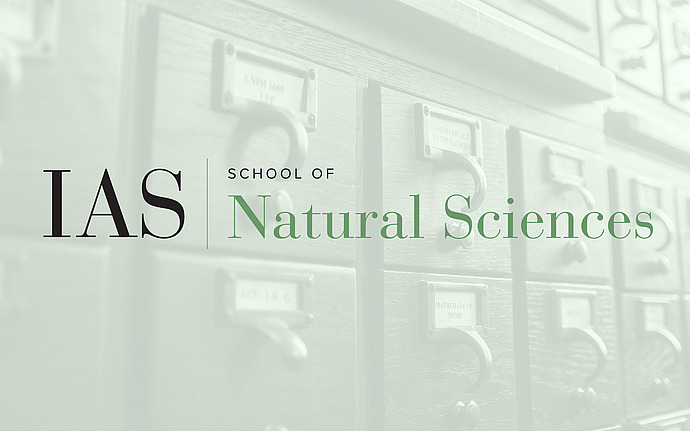
Princeton University Dark Cosmos Seminar
Molecules For Dark Matter Detection
Abstract: Organic scintillators are a promising avenue for the direct detection of sub-GeV dark matter (DM). With eV-scale excitation energies that rival the sensitivity of semiconductor targets, they can be produced in bulk and purified relatively inexpensively. A low-background kilogram-size scintillator target could achieve world-leading sensitivity to sub-GeV dark matter. Crystal scintillators also provide a new capability: the dark matter scattering rate depends on the orientation of the crystal, which varies with the Earth's rotation over the course of a sidereal day (23.93 hours). The discovery of such a signal would be a clear sign of new physics. While most studies of daily modulation focus on DM-electron scattering, recent results for diatomic molecules suggest that DM-nuclear scattering can also provide a detectable, directional-dependent signal. In this talk I discuss both kinds of DM models, the realistic prospects for crystalline detectors in the near future, and the remaining theoretical work that needs to be done for nuclear scattering in more complicated molecules.